Apprenticeships
Apprenticeships subtitle
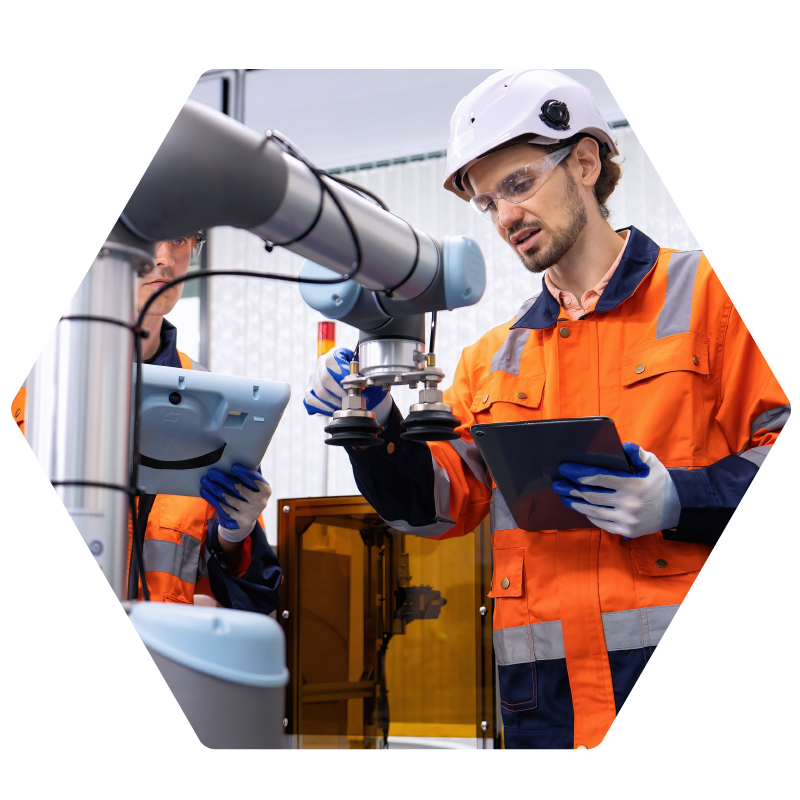




Where are we now?
The development of apprenticeships standards for occupations which are specific to a green job in the green economy (referred to as ‘deep green occupations’ by the Institute for Apprenticeships and Technical Education) is in its infancy. For this reason, participation on specific green-occupation apprenticeships is low across England.
We have, therefore, provided data of participation on apprenticeships standards in occupations which are likely to be important to the future of the region’s economy as it transitions to a greener economy. For example, electrical skills underpin the installation and operation of many green energy technologies. If the region has a good pipeline of electrical engineers (even if currently they are not solely focused on the installation of green energy technologies) we will be better placed to meet future demand in the installation and operation of green technology when it inevitably arrives. The same could be said of automotive, as the industry transitions to electric vehicles, and construction and building services, as the industry transitions to low-carbon buildings. If we have low levels of participation in apprenticeships in careers in these sectors, then we will not be well-placed to navigate the transition to a greener economy. We are using the phrase ‘pipeline apprenticeships’ to describe this provision.
The data is organised into sectoral categories of most relevance the region’s of future economy, namely automotive, construction and building services, electrical installation, energy and utilities, environmental services, and manufacturing. The data shows participation in green or pipeline apprenticeships in the West Midlands, per 100,000 of population, in comparison to other regions. It is disaggregated by apprenticeships, level, learner home district, age group, gender, ethnicity, and provider type. A short commentary is provided for each sectoral category.
Key data
Automotive
The West Midlands has reasonable levels of participation in pipeline apprenticeships in automotive, behind only the southwest region. Predominantly, apprentices study at level 3 in vehicle service and maintenance. Colleges are not the primary providers with over two thirds of apprentices supported by private training provider. Participation is reasonably distributed across the region. There is a concerning gender disparity, with only 6% of female apprentices, and an under representation of apprentices from diverse backgrounds at 10%.
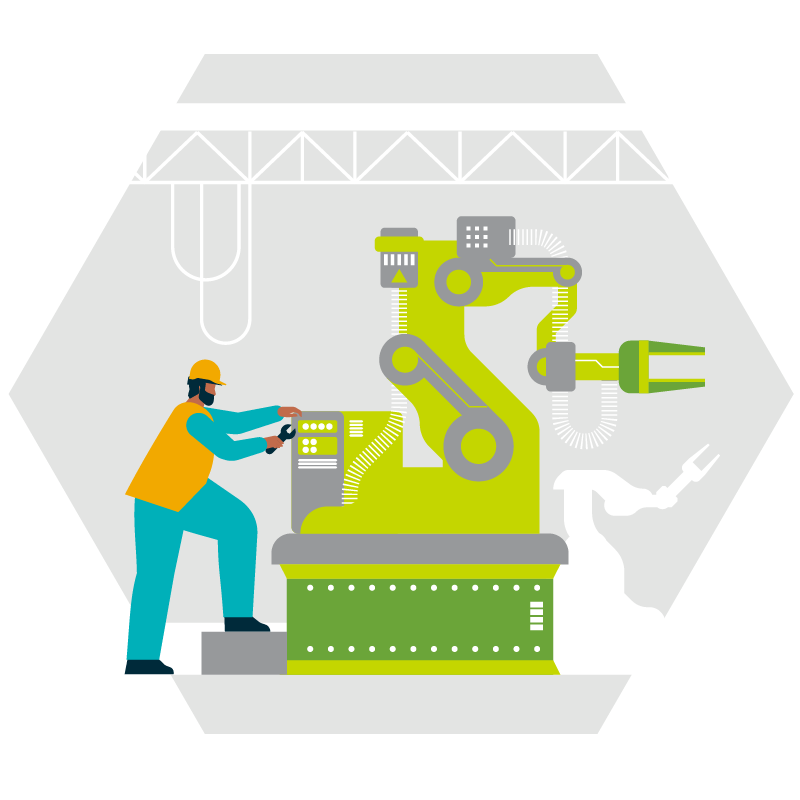
Construction & Buildings Services
The West Midlands has relatively low levels of participation in pipeline apprenticeships in construction and building services, ahead of only London and lagging significantly behind other regions. The number of starts has fallen since 2021/2022. Predominantly, apprentices study at level 3 in plumbing, domestic heating, and property maintenance. Colleges are the primary providers supporting nearly three quarters of apprentices. Participation is reasonably distributed across the region. There is a concerning gender disparity with only 3% of female apprentices, and an under representation of apprentices from diverse backgrounds at 11%.

Electrical Installation
The West Midlands has relatively low levels of participation in pipeline apprenticeships in electrical installations, ahead of only East of England and London and lagging other regions. All apprentices study at level 3 in installation and electrical maintenance. Colleges support nearly half of these apprenticeships. Participation is reasonably distributed across the region. There is a concerning gender disparity, with only 3% of female apprentices, and an under representation of apprentices from diverse backgrounds at 14%.
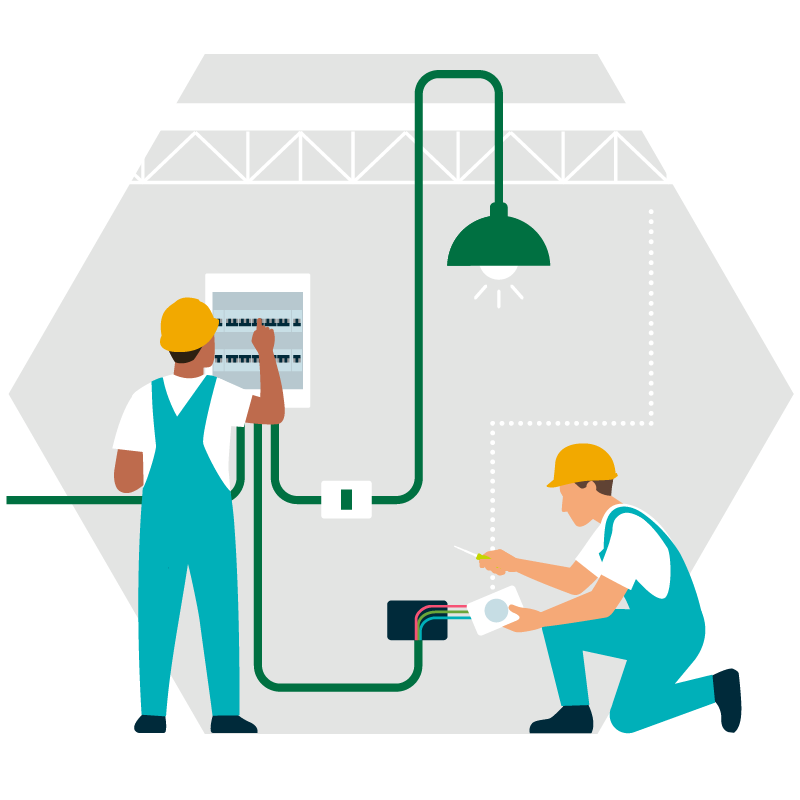
Energy & Utilities
The West Midlands has comparable levels of participation in pipeline apprenticeships in energy and utilities with other regions. That said, numbers are low and falling. Apprentices study at levels 2, 3, and 4, in power networks, dual fuel smart meter installation, and utilities engineering.
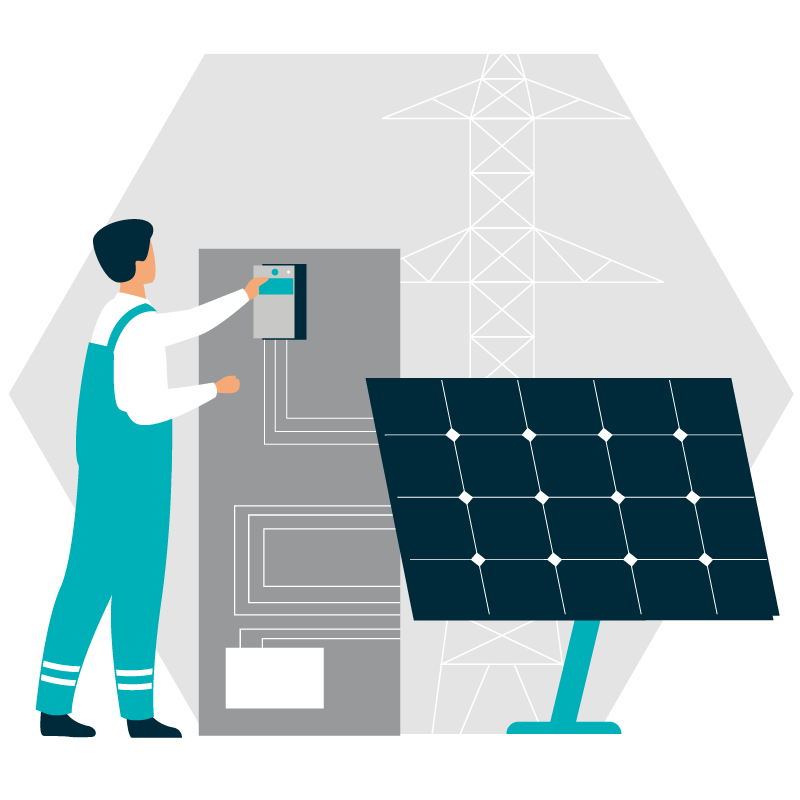
Engineering (Including Electrical Engineering)
The West Midlands has reasonable levels of participation in pipeline apprenticeships in engineering, behind only the southwest region. Predominantly, apprentices study at level 3 as engineering technicians and operatives. Colleges are not the primary providers supporting 26% of apprentices. Participation is greatest in the Shropshire region, followed by Birmingham. There is a concerning gender disparity, with only 6% of female apprentices, and an under representation of apprentices from diverse backgrounds at 12%.
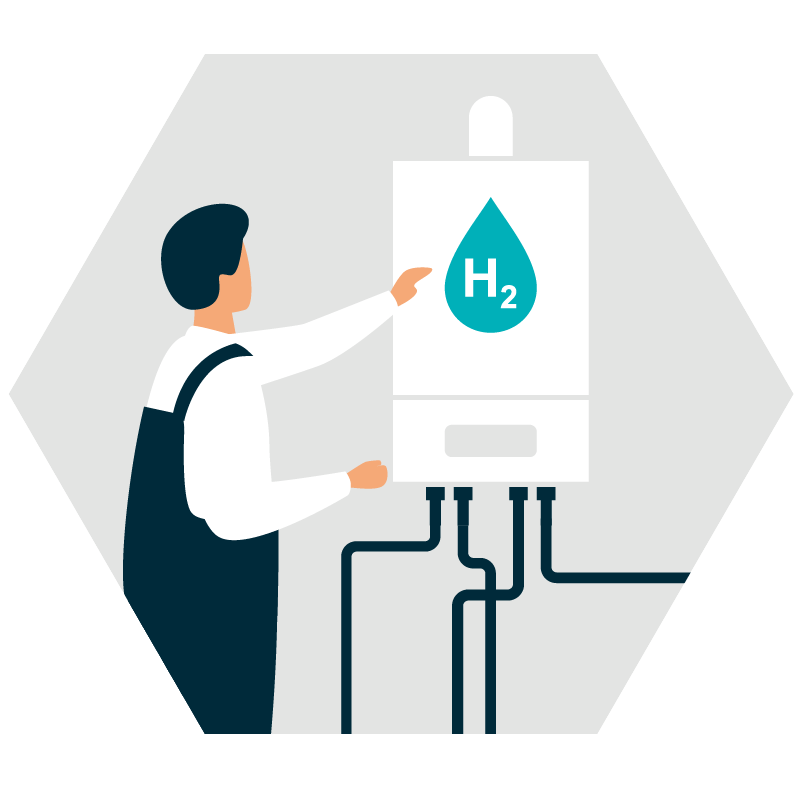
Environmental Services
The West Midlands has comparable levels of participation with other regions in apprenticeships in environmental services. Predominantly, apprentices study at level 2 as water process operatives, but there is provision and levels 3 and 4, and degree apprentices in environmental practitioners. Colleges do not support environmental services apprenticeships.

Manufacturing
The West Midlands has comparable levels of participation with other regions in pipeline apprenticeships in manufacturing. Apprentices study prominently at level 4 and as degree apprentices at level 6, as engineering manufacturing technicians, manufacturing engineers, and product design and development engineers. Colleges support nearly a third of these apprenticeships. Participation is reasonably distributed across the region. There is a concerning gender disparity, with only 19% female apprentices, and an under representation of apprentices from diverse backgrounds at 9%.

Explore the data
Click here below to choose your sector
Case Studies

The manufacturing sector in the West Midlands is crucial to the region’s future economic success. With the push for a greener future, manufacturing and engineering companies are evolving towards more sustainable practices and the use of cleaner energy sources. To meet their future training needs, colleges must stay abreast of technological advancements in areas such as battery technology, electrification, and hydrogen power. Collaboration between WMG at the University of Warwick and West Midlands colleges has resulted in the development of a region-wide electrification strategy. The strategy includes the development and roll out of specialised training programmes to upskill over 300 college staff in areas like electro-pneumatics and lithium-ion battery recycling. Colleges are also tapping into the benefits of fellowship schemes connecting further education lecturers with higher education colleagues.
Higher education is often focused on providing solutions to capability challenges faced by industry. But the reality is that further education colleges do, and will continue to, play a much more important role in delivering re-skill and up-skill opportunities to industry. WMG views the support and development of colleges as critical.
Dr Benjamin Silverstone - Associate Professor, Workforce Transformation Strategy and Policy, at WMG

